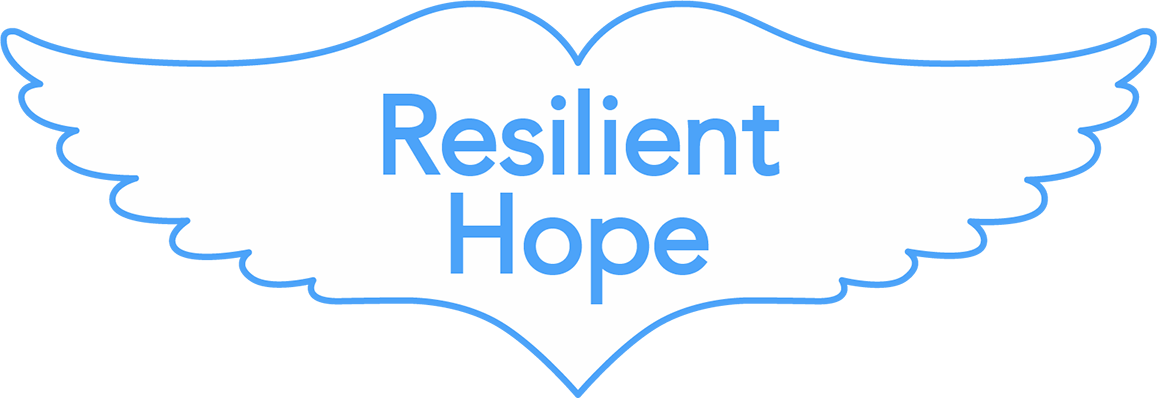Written by Liz Carlston, Columbine alumni.
In late May, with another Columbine survivor, I was able to visit with Sandy Hook parents, teachers and a few students in Newtown, Connecticut. I wanted to listen to their experiences, cry with them and offer perspective through my story wherever helpful. Remarkably, the stories and questions I heard paralleled those from Columbine. Hearing their thoughts and questions, I was able to relate to the concern, empathize and respond with a point of view that helped reframe their struggle in a positive way.
My personal hard-won narrative became a tool to help them push through crippling emotions that are still being processed – many mentioned that our being there showed that they too could reach a good place. As I hope it continues to be helpful, here is the list of common questions I was asked as well as the responses:
Q: I’m angry and don’t understand why he did this.
A: Keep exploring those feelings. Get a pillow and punch out your frustrations, continue processing until you realize there never will be a satisfactory answer to ‘why’ (the shooter is dead). In recognizing he took so much from the community, you refuse to give him any more power over you. Work by focusing on the things you can change and make up your mind to build lives, rather than tear down – you’ll find the anger eventually goes away.
Q: What was it like going back to the school?
A: Challenging at first, but a refreshing and healing process for me in working to create a new normal – re-engaging in familiar routines helped me to feel safe again and crowd out any paralyzing fears that it may happen again. We were able to move forward one step at a time.
Q: Is it okay for me to tell my child how I feel, that I was scared?
A: You know your child best. As you come from an honest and real place, you respect your kids and build trust in your relationship by expressing matters of the heart. You’ll find that opening up will deepen and strengthen your relationship.
Q: The bumper stickers and signs bother me, when will they go away?
A: Not for a while. These are community and individual expressions of empathy and support, yet can also be unwanted reminders of the incident. It’s not bad and is perfectly normal that they may bother you, but use that as a sign to realize that there is still more healing to do. Focus that energy (the negative that sets you off from seeing the reminders) into a journal, conversation, hobby, etc to continue processing the grief.
Q: It’s sad you had a shooting too – how can we make these things stop?
A: I don’t know. School shootings are like shark attacks – rare, but sensational. They involve a complicated web of access to guns, mental health, education, and societal influences that individually are challenging to address, let alone taken on the whole. While we won’t prevent every school shooting, we can be involved in our families and communities – determined to productively build the lives and relationships where we have direct stewardship. Collectively engaged, this is how we’ll be able to identify and help individuals whose sole intention is to do harm.
Q: Is it safe to send my kids to school or anywhere else?
A: It may not feel like it now, but this is a helpful step in the healing process as you work to begin creating the new normal. Do what you feel is comfortable and right for your family in the short-term while knowing that any decision made in fear or anger will need to be revisited, processed and redirected.
Q: When should we stop going to the events/get the free stuff?
A: It is weird getting something for free because your school was shot up or because someone you know died. Try to recognize these gestures for what they are: acts of kindness from people who are sharing the best they can (talents, entertainment, etc). The problem comes should you feel a sense of entitlement to receive these things – that’s when you know it’s best to withdraw from the ‘freebies.’
Q: Did you think your school should have been torn down?
A: Not really. Columbine had undergone a major remodel four years before the shooting. The areas that were most drastically impacted (library, cafeteria) were removed and remodeled so as not to drudge up painful memories. One important part of our healing process though was ‘reclaiming’ the school – refusing to allow our last memory to be one of fear and running away – instead going back and building routine in creating the new normal.
Q: My child still won’t tell me what happened, what’s wrong?
A: They don’t want you to have to experience what they went through, they are trying to protect you. That grief needs to be processed and worked through, but let them do it in their own way at their own pace. Writing, drawing, playing sports, being with friends, or staying near you to help them feel safe again will help them face the hard things they experienced. When they are ready, they will open up.

